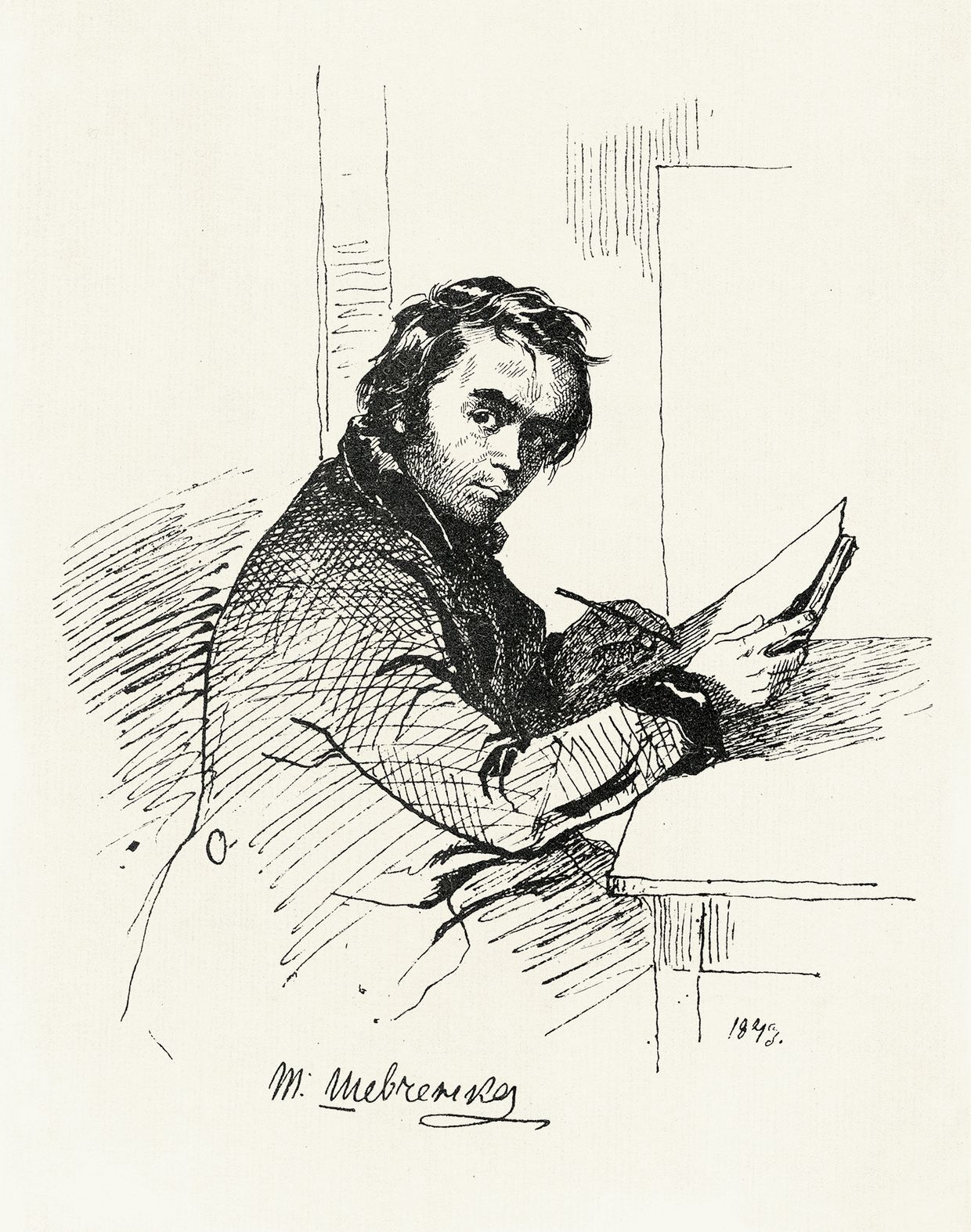This article discusses two Ukrainian writers, Marko Vovchok and Mykola Kulish, who lived during the 19th century. Here are some key points from the article:
**Mykola Kulish**
* Affiliated with the Brotherhood of Saints Cyril and Methodius, a secret political society that existed between 1845 and 1847.
* Championed federalization of the Russian Empire, Ukrainian language and culture revival, and abolition of serfdom.
* His stance diverged from mainstream Ukrainian thought due to his support for preserving a distinct Ukrainian culture while advocating for a union with Russia.
* Despite this, he remains respected and read by many Ukrainians today for his literary achievements.
**”The Black Council” (1857)**
* Considered the first historical novel in Ukrainian literature.
* Set against the backdrop of the Ruin, a tumultuous period following the death of Cossack Hetman Bohdan Khmelnytskyi in 1657.
* Explores power struggles and social rifts during one of Ukraine’s most fractured and tragic eras.
**Marko Vovchok**
* A talented female writer who published “Folk Stories” in 1857, shortly after Tsar Alexander II ascended to the throne.
* Her stories focused on the suffering of Ukrainian peasants, especially women, under serfdom.
* Ivan Turgenev translated her stories into Russian, sparking debate over the realities of serfdom.
**Context**
* The article mentions the repressive climate in which Vovchok’s work gained significance, particularly after a decree banned Ukrainian-language publications and the stricter Ems Ukaz was issued.
* It also notes that some excerpts of Kulish’s novel have been translated online, but a full publication in English translation has yet to materialize.
Overall, the article highlights two important Ukrainian writers who contributed to the country’s literary heritage during a time of significant social change.












